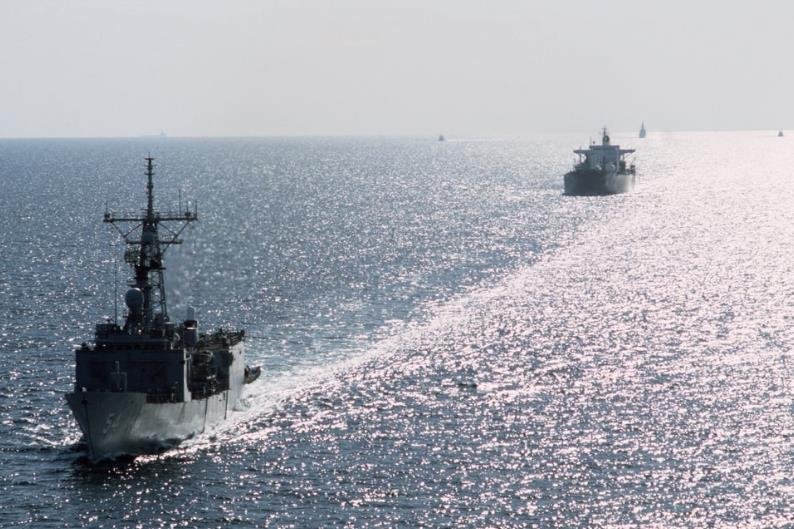The geopolitical landscape of the Middle East is witnessing a potential shift. Iran and Saudi Arabia are reportedly planning their first joint military drills in the Red Sea. This unexpected development could have significant implications for regional stability and alliances.
Bridging the Divide: A New Chapter in Relations?
For decades, Iran and Saudi Arabia have stood on opposing sides of regional conflicts. Their rivalry has shaped much of the Middle East’s political dynamics. But recent reports suggest a possible change in course.
“The Saudis have asked that we organize joint exercises in the Red Sea,” said Admiral Shahram Irani, the commander of Iran’s navy, according to the Iranian news agency ISNA. He added that coordination is underway, with delegations from both countries set to discuss the details. While Riyadh hasn’t confirmed this, the mere prospect is turning heads globally.
This comes after the two nations resumed diplomatic ties last year through a surprise deal brokered by China. The re-establishment of relations between the Shiite-majority Iran and Sunni-majority Saudi Arabia was a significant milestone after severing ties in 2016.

The Red Sea’s Strategic Significance
- Vital Shipping Route: The Red Sea is a crucial maritime corridor connecting Europe and Asia.
- Recent Tensions: Attacks by Yemen’s Houthi rebels have threatened the security of this passage.
- Global Impact: Stability in the Red Sea is essential for international trade and energy supplies.
Since November, the Iran-backed Houthis have launched attacks against ships in the Red Sea and the Gulf of Aden. They claim these actions show solidarity with Palestinians during the Israel-Hamas conflict in Gaza. These incidents have raised international concerns about the safety of navigation in these waters.
Saudi Arabia’s Balancing Act in Yemen
Saudi Arabia has been deeply involved in Yemen’s civil war since 2015, supporting the internationally recognized government in Aden. The Houthis seized the capital Sanaa and much of the country’s north, leading to a protracted and devastating conflict.
Efforts by the kingdom to broker a peace deal have faced challenges, especially with recent Houthi attacks on ships. Interestingly, Saudi Arabia did not join a U.S.-led naval coalition aimed at deterring these attacks. By considering joint drills with Iran, Saudi Arabia might be exploring new strategies to resolve the conflict and ensure regional security.
What Does This Mean for the Region?
It’s too soon to predict the full implications of this potential collaboration. Could this be the start of a new era of cooperation in the Middle East? Or is it a tactical move addressing immediate security concerns?
Only time will tell how this development will unfold. But one thing’s clear: the world is watching closely as these two regional powers navigate this uncharted territory.
